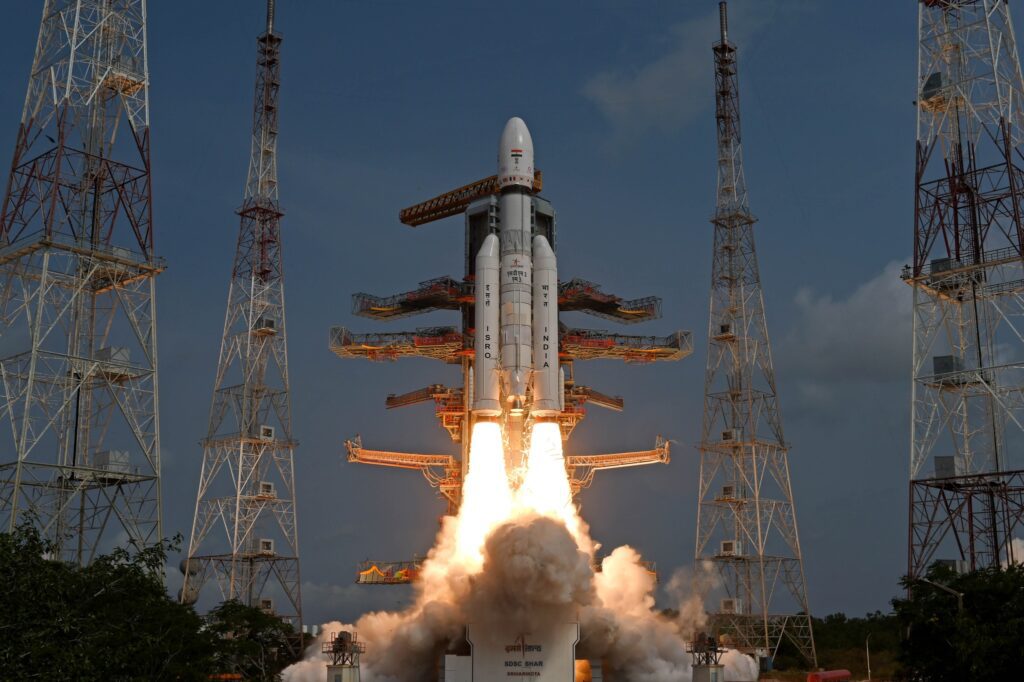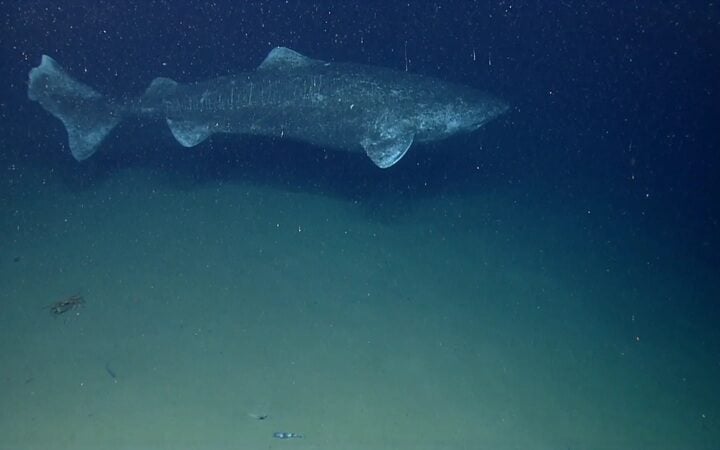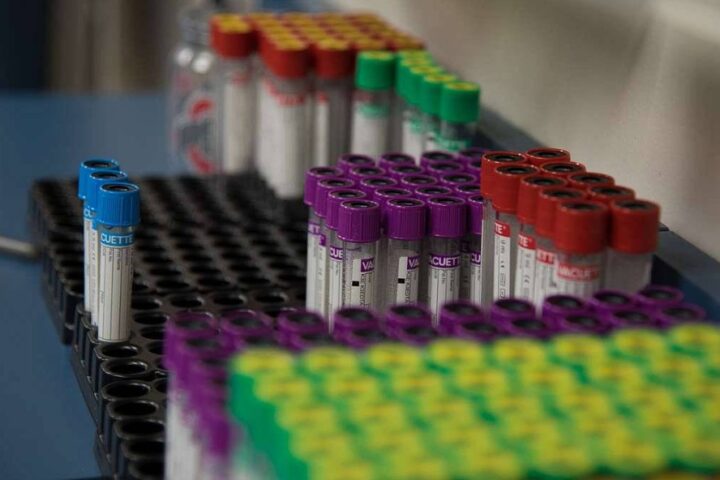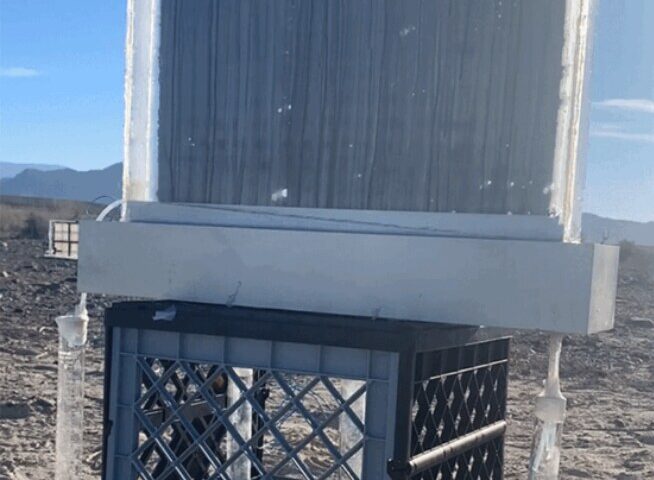An all-electrical propulsion system for satellites (the IVO Quantum Drive) will launch to space for the first time on June 10th, 2023, as a preparatory testing for an alternative theory of inertia that could have major applications for propulsion. North Dakota-based wireless power company IVO, Ltd. has come up with an all-electric propulsion system for satellites that could trigger a new era in commercial space and beyond.
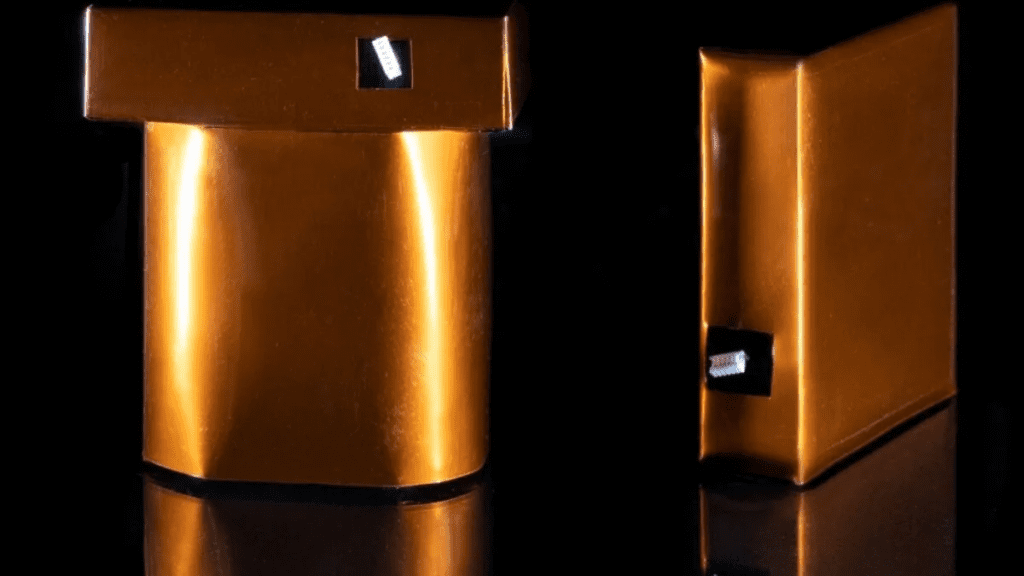
IVO was founded in 2017 and has focused on developing wireless energy transmission solutions using a technology called Capacitive Based Aerial Transmission (CBAT). This new technology allows manufacturers to cut down their battery size by up to 50 percent. The IVO Quantum Drive depends on the theory of Quantized Inertia (QI), regarded controversial by many physicists and consider it as a fringe theory.
Despite the controversial overtones the Quantum Drive could provide several advantages over conventional propellants, like superior efficiency and a modular design that allows multiple units to be stacked to achieve greater thrust. The system will launch atop a SpaceX Falcon 9 rocket as part of a dedicated rideshare hosted by commercial partner Rogue Space Systems.
Rocket blast offs can release up to 100 times more CO2 into the atmosphere (per passenger) compared to a long-distance flight, making the development of alternative propulsion systems an essential goal for the space industry. The IVO Quantum Drive might be a major step towards cleaner and more sustainable alternatives for space travel. The theory of QI posits that Unruh radiation is the origin of inertia, which could provide a foundation for launching space vehicles without fuel.

